When I was growing up in the sixties and seventies, all my classmates looked like me. I was probably 10 years old and in line with my mom at the Sears pick-up window when I saw my first person of color. I remember thinking how nice she was.
By the time I got to high school, there were students of color enrolled at my school. Many were athletes and not in my particular circle (I was in student government). I did notice that alike groups tended to dine together at lunch and there were certain hallways I did not go down because there was a distinct separation of students by skin color.
I went to a small private college without much diversity, made it through grad school without much contact with others unlike me. So, when I was promoted to Director of Personnel for a Hyatt Hotel in another state, I packed my bags and moved from Kentucky to Chicago at the age of 23. I did not know a soul in 7.5 million people.
For the first time, I was in the minority.
We had 300 employees at our hotel. Half of them were Hispanic and many of them did not speak English. My general manager was German and had such a distinct accent, it took me a month to even understand what he was saying. I hired a Puerto Rican woman to be my assistant. She could not type or file, but she spoke Spanish which is what I needed most.
We had 4 unions and 5 different benefits packages. The highly paid executives were white men in 3-piece suits. The service personnel were paid much lower wages and were largely nonwhite. I supervised the interns, young white male graduates with hotel/restaurant degrees who were all paid more than I was. It all seemed so unfair to me at the time.
My hotel, one of 5 in the Hyatt chain, was in a Jewish neighborhood. We did not even have a Christmas tree in the hotel. I learned a lot about Jewish food and culture and holidays. I lived fairly close to work in a Polish neighborhood. My landlady was Hungarian. On weekends I visited all the cultural landmarks in the city and enjoyed meeting interesting people from places new to me. Every block was a whole subculture representing every country I had ever heard of. And on any Saturday, you could find a parade on Michigan Avenue for a group or fascinating population.
Back then, we had waiters and waitresses in the hotel, not service personnel. I remember being dumbfounded when a man in full beard, dress and heels showed up to apply for a job in our fancy restaurant. My dilemma was I did not know whether to record him as an applicant as waiter or a waitress. In the end, he was hired and joined the crew of largely LGBTQ employees in the waitstaff. When the initial shock wore off, we became great friends, and I was gifted with a special t-shirt only the waitstaff were allowed to wear.
Another highlight for me from those days was being in the green room with Rosalynn Carter when she spoke to a group at our hotel, because I spoke “Southern.”
I wound up moving back home to Kentucky and went to work at my college in admissions. When I decided to move to the development office, I had to fight for the job. I became the first woman in development at the university. They were not even sure a woman could do the job. That is a far cry from the profession of today which is closer to 80% female employees. I have never had the opportunity to work for a woman. There was no one in front of me. I keep that in mind as I mentor others behind me.
I could go on and on about the lessons learned by a girl raised in the south who was transplanted to the melting pot that was Chicago. Being inclusive has been learned and cherished and has been a big factor in how we have raised our kids and lived out our careers in Atlanta.
What these experiences taught me.
So, what have I learned over the years as it relates to diversity? I have learned that social justice and equity is everyone’s responsibility. You may think “I can’t do anything about this topic. I am not BIPOC. I don’t know what to do.” Or you can take action.
I have chosen to make a difference in the nonprofit field by helping organizations find and keep good development officers. In order to ensure that there are qualified, diverse candidates for these positions, I have chosen to be a volunteer mentor in the Association of Fundraising Professional’s Diversity Fellows Program.
The award-winning Fellows Program offers new fundraising professionals the opportunity to learn through interaction with peers that have significant fundraising experience (at least five years). Mentors may advise on career paths, share information on regional development conferences and seminars or provide more detailed information relating to specific aspects of development. The guidance and relationship overall is steered primarily by the desires of the fellow. The Fellows Program is intended to further the career skills and objectives of beginning/early development professionals.
I have volunteered for a number of years and I adore learning new things and meeting these great young professionals whom I might not have crossed paths with otherwise. I am proud to continue this work to invest in diverse fundraising professionals who are looking for an opportunity to have a one-on-one mentor, quarterly lunch and learn sessions on topics relevant to new fundraising professionals, and AFP chapter meetings – all for free! You do not have to be an AFP member to apply.
Finally, I have learned not to compare or contrast myself with others. I do not believe I am better than anyone. I say, “I’m great and so are you. Let’s go down this path together.”
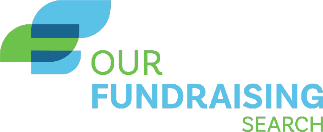
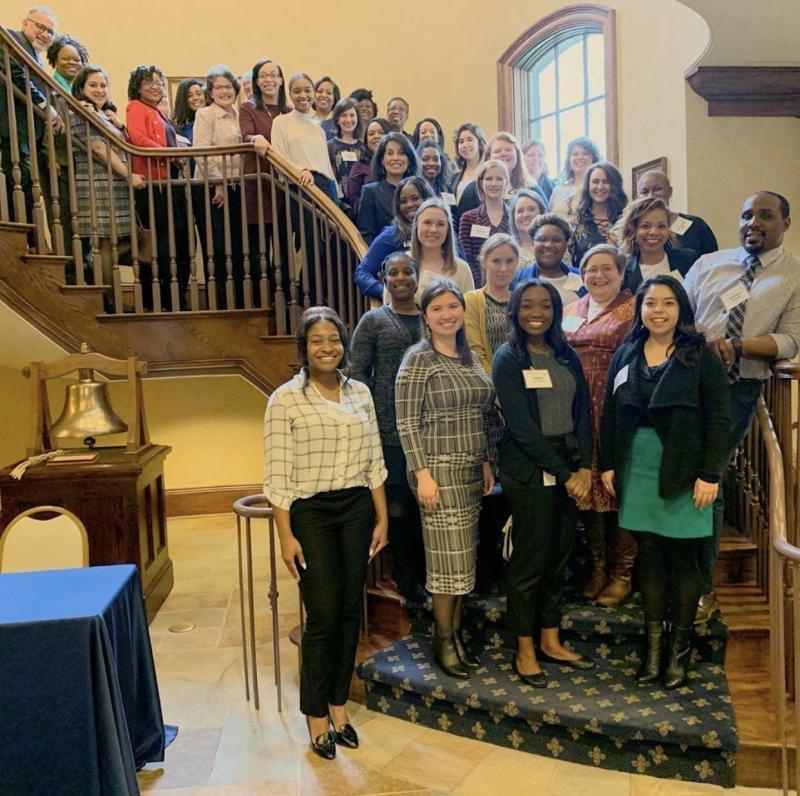
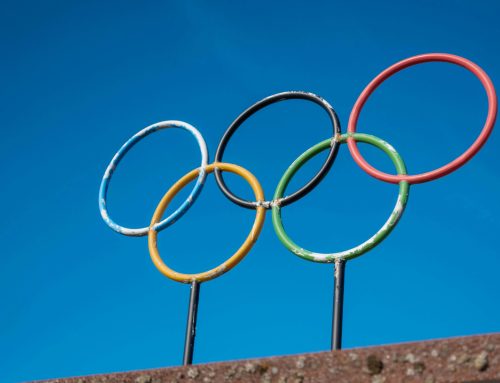
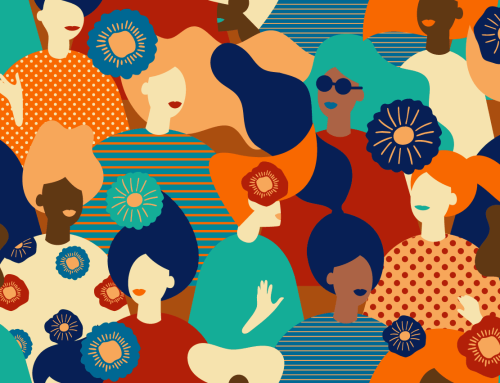
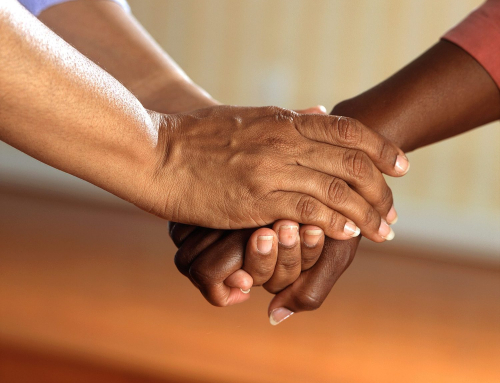
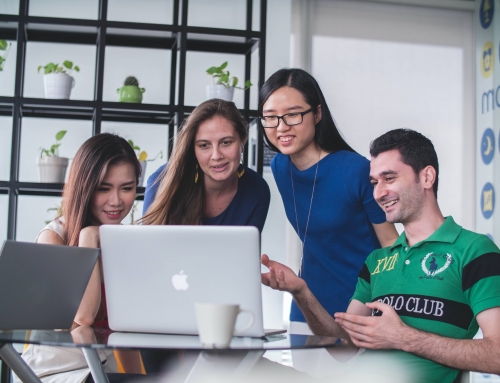
Linda
Thank you for sharing your journey. It matters.